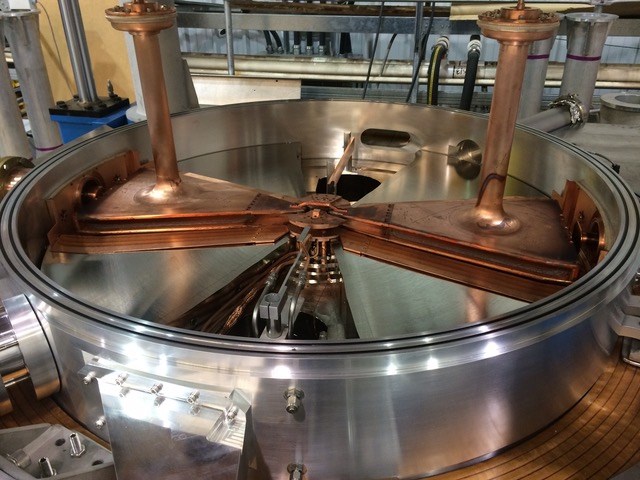THUNDER BAY — A Lakehead University researcher will use a new grant to try to protect power networks from cyber attacks.
Amir Ameli is an assistant professor in electrical engineering.
He's received $152,000 from the the Natural Sciences and Engineering Research Council of Canada.
"The recent trend to expand the use of information technology in power networks has made them potentially vulnerable to cyber attacks," Ameli said.
"Protection systems are among the most critical cyber-vulnerable components in power grids, as they directly affect the integrity and stability of systems."
Other Lakehead and Thunder Bay Regional Research Institute scientists will also share in the more than $1.3 million in funding announced by the NSERC.
Sam Salem, associate professor in civil engineering, is getting $130,000 over five years to test the fire performance of timber/concrete composite systems in mass timber buildings.
"In this composite system, the advantageous mechanical properties of both materials – timber and concrete – area efficiently utilized, and therefore several advantages can be achieved for a more robust floor system compared to timber floors," Salem said.
These advantages include greater strength, durability, and improved acoustics and vibration performance characteristics.
Michael Campbell, assistant professor in chemistry and the Lakehead University/TBRRI research chair, will receive $132,500 over five years.
He hopes to develop new methods to produce radionuclides in a cyclotron, and to determine reactions and tools to improve access to radionuclides for use in research, industry and health care.
The CEO of Thunder Bay Regional Health Sciences Centre and Thunder Bay Regional Research Institute, Rhonda Crocker Ellacott, said Campbell is a key contributor to their health research program.
She thanked NSERC for recognizing the potential of his work.



